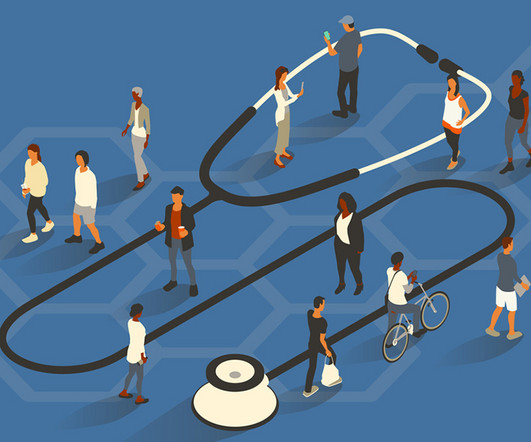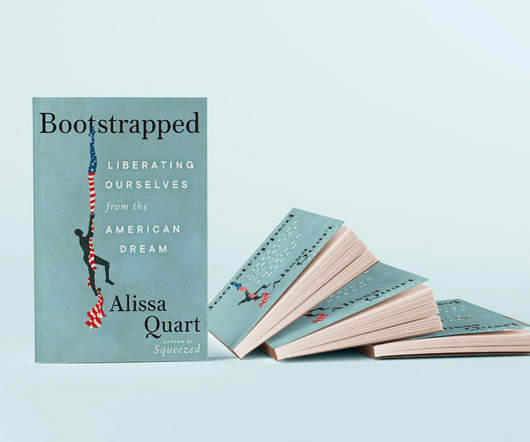The Economic Case against Work Requirements
NonProfit Quarterly
FEBRUARY 29, 2024
Image credit: AndreyPopov on istock.com Work requirements—or requiring people to find employment in order to access public benefits—force people to prove that they deserve a social safety net. But where did they come from, and why are they still a central part of economic policy today?
















Let's personalize your content